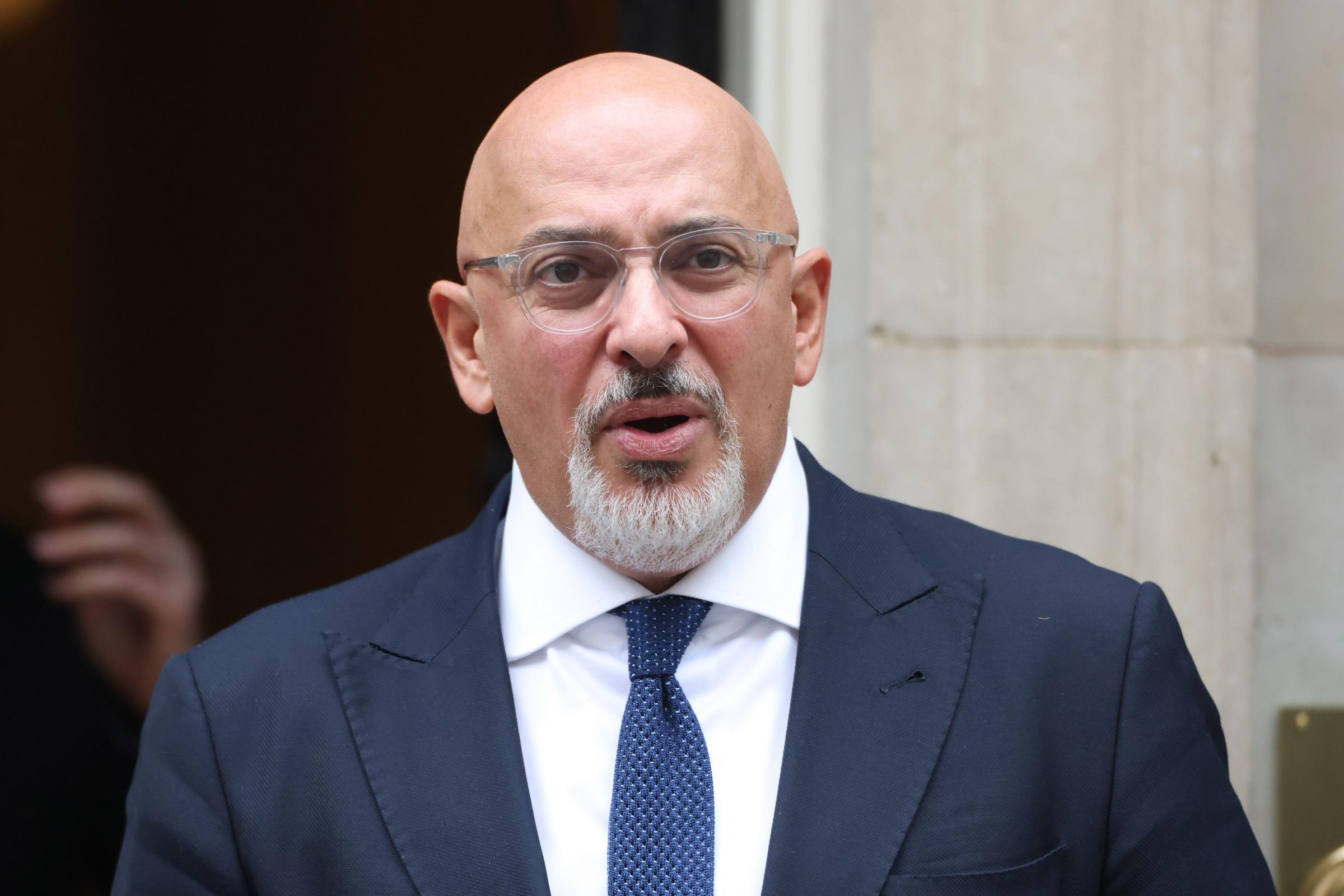
HAVING only been chosen to replace Rishi Sunak as Chancellor of the Exchequer last week, Nadhim Zahawi is now one of the 11 names vying to become the next prime minister.
He made his first broadcast interview since throwing his hat into the ring to be leader this morning, where he was quizzed by Kay Burley about his proposals and his tax affairs.
Who is Nadhim Zahawi?
Born in Baghdad in 1967, Zahawi and his family fled Iraq during Saddam Hussein’s rise to power when he was just 11 years old.
He arrived without speaking any English and was privately educated at Kings College School in West London before later graduating from University College London where he studied chemical engineering.
After graduating, Zahawi set up a firm selling Teletubbies merchandise.
This attracted the interest of then-Conservative politician Jeffrey Archer which opened up the door to a life in politics.
He is also the founder of YouGov – a market research company famous for its political polling.
Zahawi was first elected as an MP for Stratford-on-Avon in 2010 and served as education secretary between September 2021 and July 2022, when he became the Chancellor.
What would Zahawi do as prime minister?
The Chancellor has said there will be 20% cuts in every department should he be elected as leader.
He feels this would give him the necessary “headroom” to impose tax cuts.
As well as this, Zahawi was questioned on Sky News about his personal tax affairs and he pledged transparency when he said he would publish his own tax reports annually.
He was, however, unclear about whether or not he would backdate these.
Nadhim Zahawi says he is "clearly being smeared" after questions were reportedly raised about his personal finances - and pledges to publish his tax returns annually if he becomes prime minister. Read more: https://t.co/wpgvwIy4qt #KayBurley 📺 Sky 501, Freeview 233 and YouTube pic.twitter.com/A85Qtonnbh
— Sky News (@SkyNews) July 11, 2022
On culture, he has previously said he wants to “focus on letting children be children, protecting them from damaging and inappropriate nonsense being forced on them by radical activists”.
What’s he said about Scotland?
Over the past few years, the current Chancellor has made his thoughts on Scotland breaking away from the UK very clear, describing it as a “catastrophically poor choice”.
Appearing on Newsnight in 2017, he referred to Nicola Sturgeon’s calls for a second referendum as “silly”.
Writing for Conservative Home in the same year, he said: “The First Minister’s apparent reasoning is that the ‘voice of Scotland’ is being ignored, and therefore the only option available to them is to tear apart our United Kingdom and forge their own way in the world.
“Didn’t we go through all of this less than three years ago?”
Who’s backing him for Prime Minister?
A few names have already come out in support of Zahawi in the leadership race.
These include MP for Stoke-on-Trent North Jonathan Gullis and MP for Hyndburn Sara Britcliffe.
As well as this, Michelle Donelan, who recently served as education secretary for two days before resigning, has also pledged her support to Zahawi.
MP for Sutton and Cheam Paul Scully has also backed Zahawi in a post on social media.
I've spent my fair share of time with small businesses. I know what they need & how important they are to our communities & our economy. @NadhimZahawi is the candidate who understands what they need. As a businessman and a former councillor, Nadhim is the man to get things done. pic.twitter.com/vnu8gh1a3z
— Paul Scully MP (@scullyp) July 10, 2022
What is Nadhim Zahawi’s voting record?
Generally, the Chancellor has voted for a reduction in spending on welfare benefits including in 2016 when he voted for less benefits for disabled and ill claimants required to participate in activities intended to increase their chances of obtaining work.
In 2019, he voted for stricter immigration when he said yes to letting Irish citizens enter and remain in the UK without permission but to otherwise make EU, European Economic Area and Swiss Nationals, and their family members, subject to UK immigration controls.
He also backed Brexit, saying he was “uncomfortable with a situation in which our laws are sometimes made by those the British people cannot throw out, while British Ministers must accept them”.







